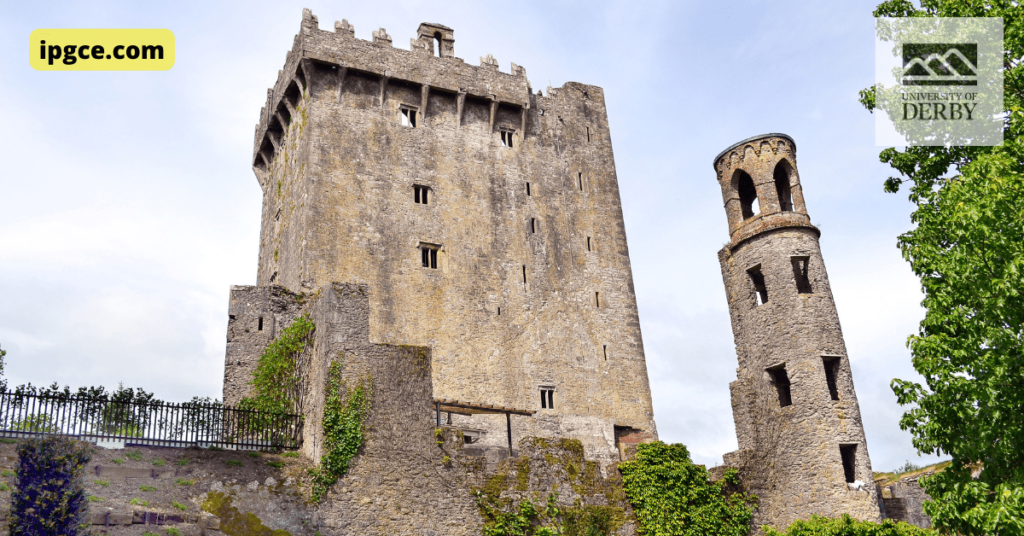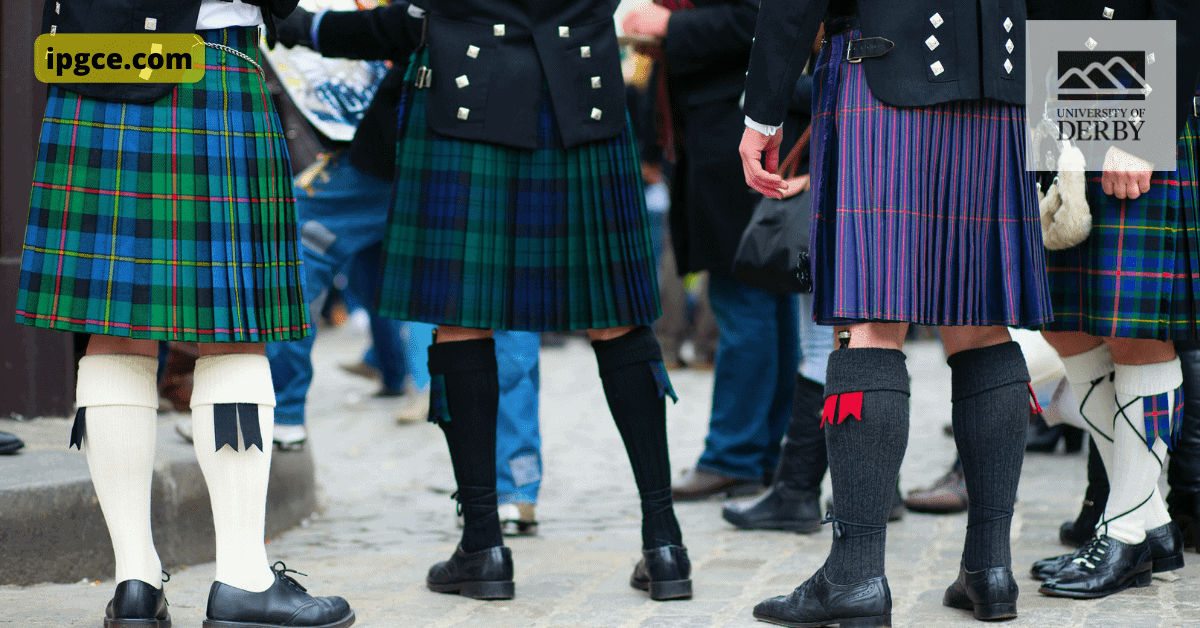Gaelic is the language of my forefathers and my husband’s: his grandfather was born on Mull in 1849. It is the original language of the country I live in and deeply love. Not only that, but it is beautiful: musical to listen to, descriptive and exquisite. The same colour spectrum is different. Liath means blue or grey because it is the sky or sea colour. Likewise, gorm is blue, but also the colour of the grass. And Dearg is brown, like the earth, but reach is the red of your hair.
I used to try and master the unpronounceable vocabulary of my Scottish forefathers, but they may have finally beaten me.
I always refuse to give up, just like my two small terriers. I have written 40 books, and some Doctor Who viewers created a petition for me to stop reporting the show. But sooner or later, everyone meets their Waterloo. Mine is that I am stepping down from writing for DW.
There are no words for “yes” or “no”, and all verbs are infinitives. Things are or are not. Tha – it is the case that. Chan eil – it is not.
You don’t need to use subject pronouns in the first and third person. There is no verb “to have” – something is either at someone or upon that person rather than that person.
Gaelic is very important because it is used less and less in Scotland. We are doing our best to bring Gaelic into the next generation, but this is easier said than done. Many good people don’t speak Gaelic in Scotland any more, so we must work hard to replace them.
I used an app, Duolingo, and took university classes to learn Gaelic. I did not succeed.
The French language is difficult because of its pronunciation and vocabulary. When I was in school, we learned how to order food at a cafe in French. There are different words for different types of waiters, such as each-frithealaidh or each-frithealaidh-fion.
Other phrases that are generally handy to take while travelling is equally out of reach. When we are in a situation where we want to say ” excuse me”, it’s unlikely that that phrase will come off our tongue. In some cases, terms such as “congrats!” can be tough to find because we probably only have the use of one word.
Why learning new languages is beneficial to children.
You can listen to traditional Gaelic music on the BBC nan Gàidheal radio station. Even though the phone-ins aren’t very good, it offers excellent afternoon programming that features bands like Julie Fowlis and Kris Drever.
You can tune in to the radio in France because it repeats the news and weather every fifteen minutes. It was relatively easy to get familiar with French words that sound alike, like different types of weather and time.
It’s hard to get the dialogue right when I write in Scottish isles because people there speak it casually.
Do you know how to speak Gaelic or would be willing to learn? Share your thoughts in the comment section below.
For more news on international education, follow us on IPGCE and WeChat.
Wechat Code:
Meet Our Successful Graduates: Learn how our courses have propelled graduates into rewarding
careers. Explore their success stories here!
Discover More About Your Future: Interested in advancing your teaching career? Explore our
IPGCE, MA, and QTS courses today!

Explore Our Courses: Ready to take the next
step in your education journey? View our
comprehensive course offerings now!




I agree with everything above